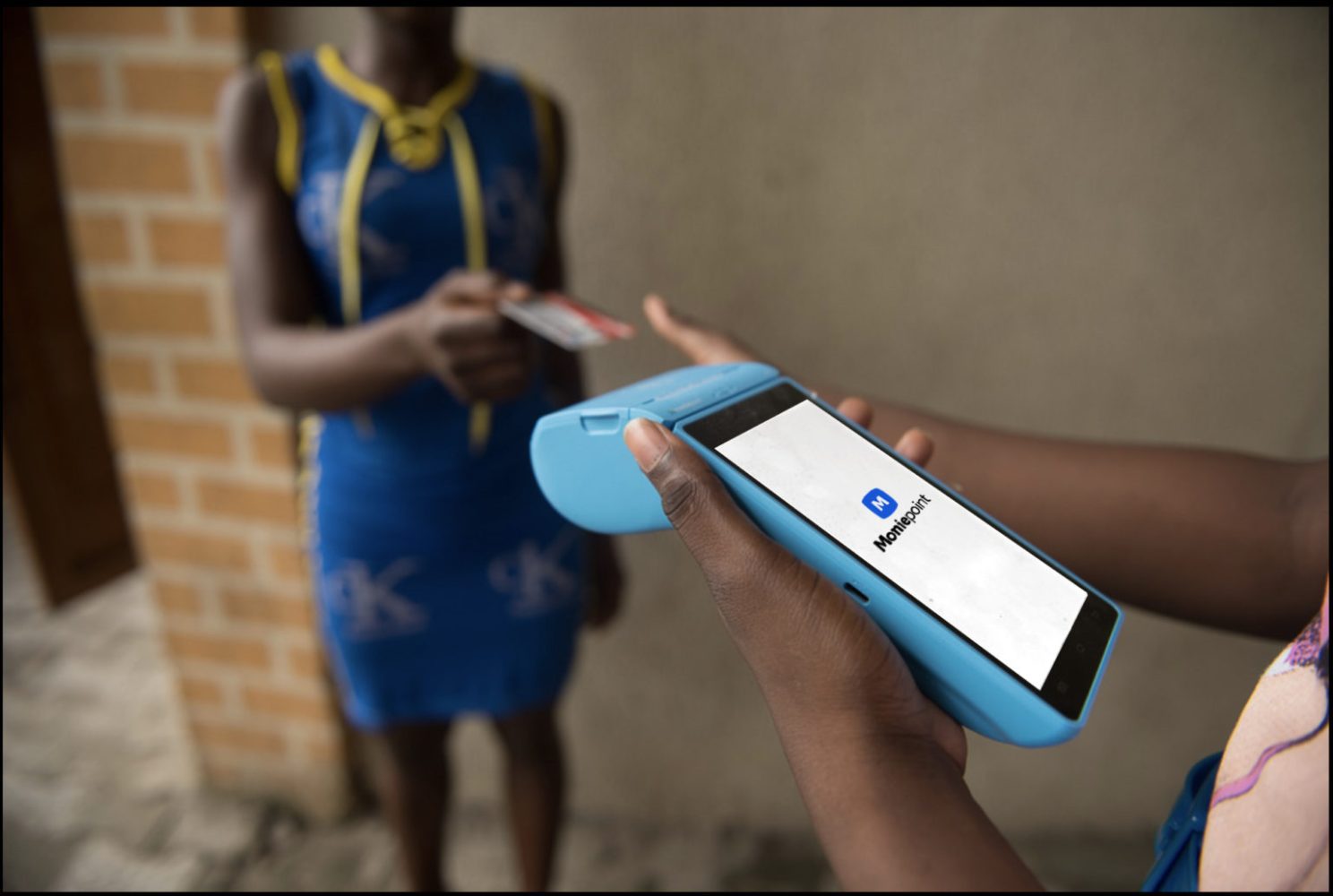Top B2B Player Gatecrashes Nigeria’s Fierce Digital Bank Wars

Moniepoint, a prominent player in Nigeria’s business banking sector, is expanding into the consumer banking arena. The company has introduced a consumer-focused mobile app and debit card, with issuance handled by payment processors Mastercard and Verve, advancing into Nigeria’s bubbly digital banking scene where competition is hotting up among an eager crop of neobanks.
Through the newly launched app, Moniepoint promises users access to a range of financial services, including fund transfers, bill payments, and airtime purchases, a press statement shared by the company says. The debit card offers flexibility for ATM, point-of-sale, and online transactions. Additionally, the QED-backed startup which was named Africa’s second-fastest growing company in 2023 by FT, plans to integrate features like salary overdraft into the app in the near future.
Ope Adeyemi, Senior Vice President for Channels and Sales Tools at Moniepoint, stated that launching a personal banking product builds stronger connections between businesses and their customers. The move aligns with the company’s commitment to enhancing financial services access and reliability.
Moniepoint has carved a niche as a reliable business banking solution, catering to around 1.5 million merchants. The transition into consumer banking, however, presents a new challenge. Despite Nigeria’s large unbanked population, Moniepoint will need a robust strategy to attract and retain customers in a competitive market already populated by players like OPay, PalmPay, Paga, Carbon, and Kuda.
A botched currency overhaul rocked Nigeria earlier this year and the resulting cash shortages were something of a boon for non-bank consumer-facing fintechs whose apps capitalised on service outages that crippled an overwhelmed legacy banking system.
These neobanks, having offered respite by being remarkably reliable for transactions during the crisis, have amassed tens of millions of customers between them and are finding stickiness. Competition has stiffened as they vie to woo and keep a substantial share of customers with attractive offers and eye-catching marketing. Moniepoint, which already boasts 800,000 POS terminals actively used daily by businesses across Nigeria, has also now also stepped onto the scene, upping the stakes.
A notable feature of Moniepoint’s new app is its innovative card dispute resolution system, allowing users to log disputes for unsuccessful card transactions. Moniepoint emphasizes that users will have control over their complaints until the issue is fully resolved, providing a comprehensive resolution mechanism.
This could be an important feature that gives the fintech a look-in and, if successful, could set it apart in the digital banking sphere by addressing a common pain point for users experiencing failed transactions. As the company navigates this new landscape, its ability to deliver on its app’s features will be crucial in establishing a strong foothold.
Yet more competition could emerge beyond rival fintechs. In Nigeria, licenses to offer mobile money services were granted to MTN and Airtel, two of Africa’s biggest telecoms firms, last year. They are in a good position to connect with unbanked customers who already use their phone services, taking care of last-mile issues that banks have previously struggled to handle.
Nevertheless, the race to digitise retail banking is unlikely to be a straightforward affair. Although Nigerians are growing more accustomed to sending and receiving money digitally, the absence of physical branches of digital banks may limit their uptake in a culture where scams posing as digital businesses have occasionally weakened public confidence in financial service providers.